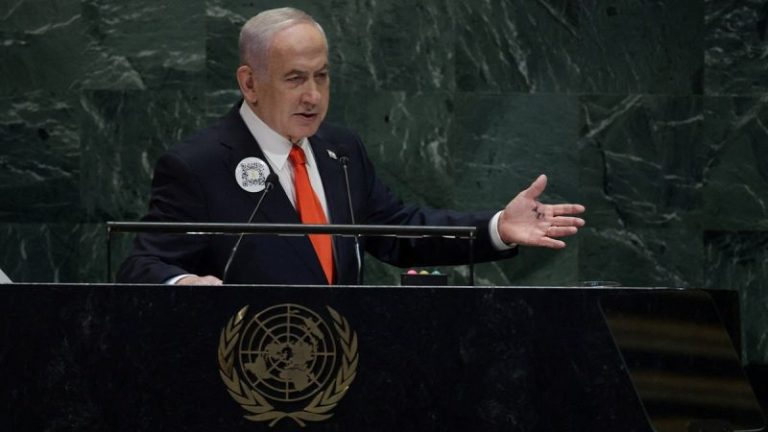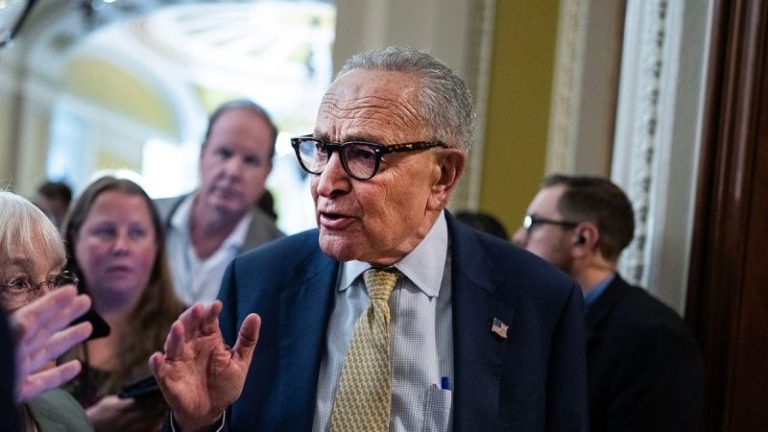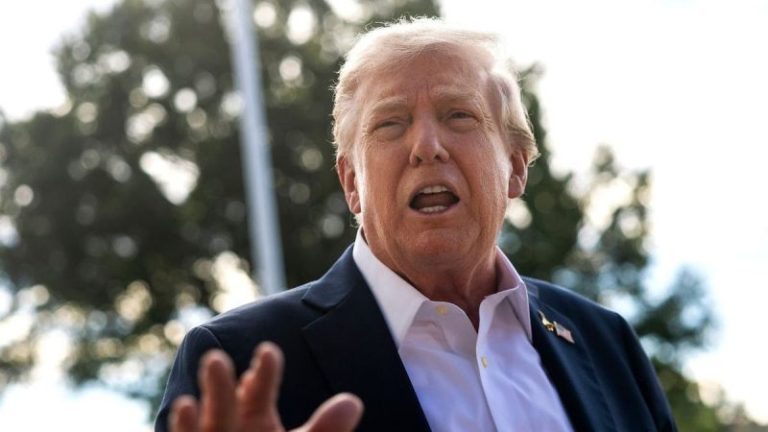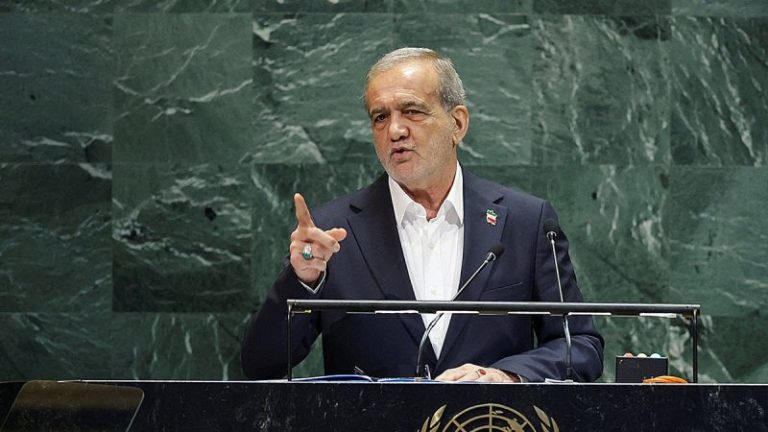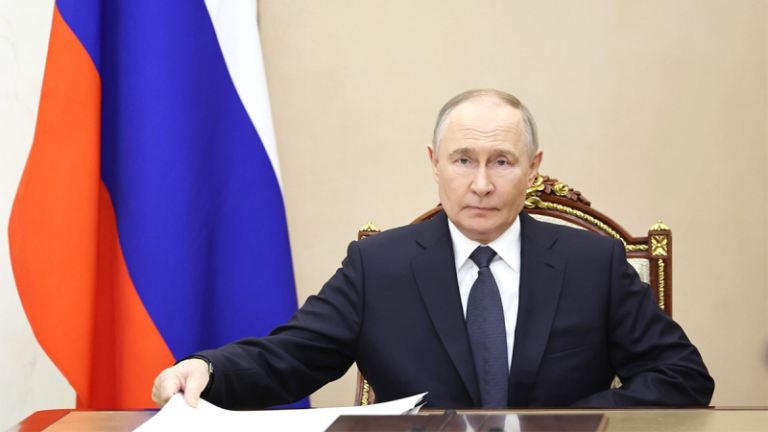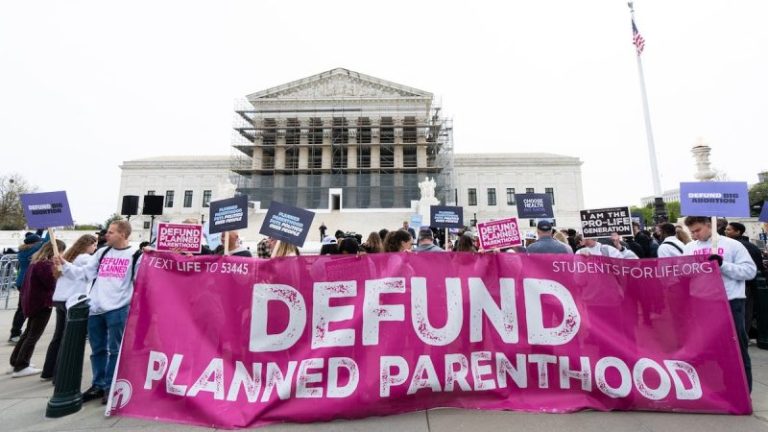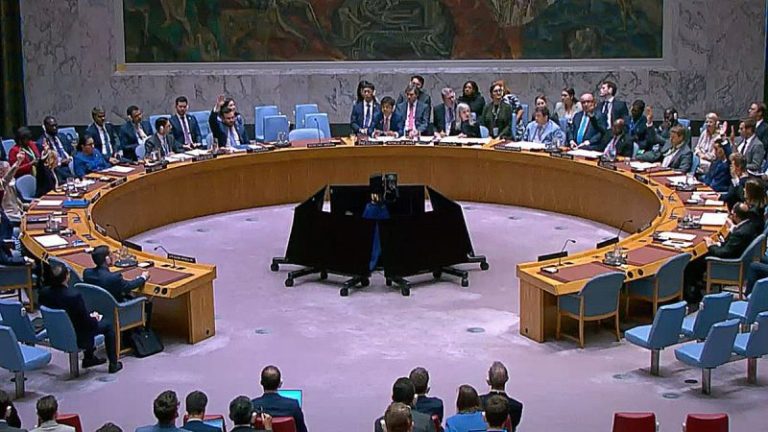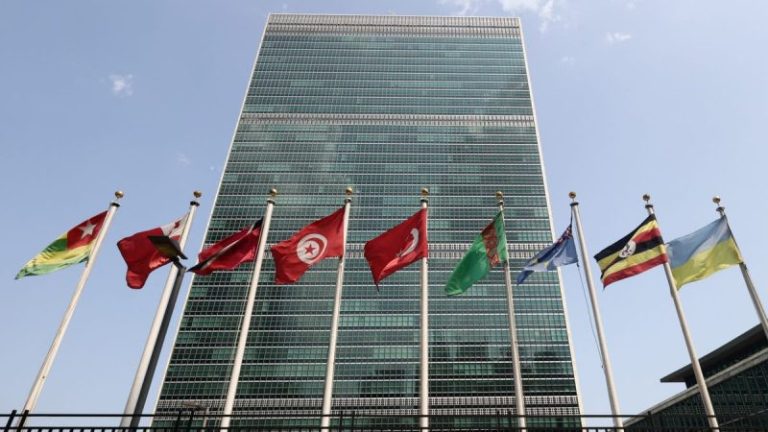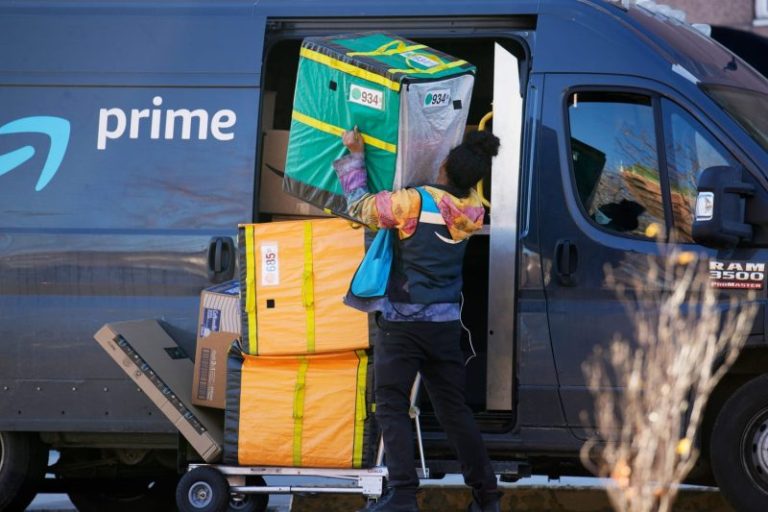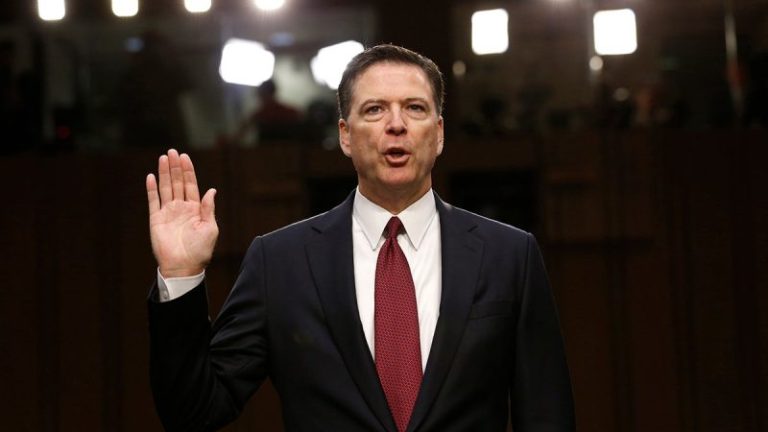Prime Minister Benjamin Netanyahu’s speech at the United Nations General Assembly (UNGA) was blasted across Gaza for Palestinians to hear thanks to a scheme from Israeli intelligence.
The prime minister said he wanted to speak directly to the 20 living hostages who remain in Hamas captivity.
‘I want to do something I’ve never done before. I want to speak from this forum directly to those hostages through loudspeakers. I’ve surrounded Gaza with massive loudspeakers connected to this microphone, in the hope that our dear hostages will hear my message.’
Netanyahu’s office said he had ordered his speech to be played over loudspeakers from the Israeli side of the border with Gaza.
He also said Israeli intelligence had found a way to broadcast the speech on cellphones across Gaza.
‘Thanks to special efforts by Israeli intelligence, my words are now also being carried. They’re streamed live through the cell phones of Gazans.’
But Israel’s Channel 12 reported that the Israeli Defense Forces (IDF) had been ordered to set up speakers and broadcast the speech inside the Gaza Strip — not on the border.
‘To Netanyahu’s regret, he is not Kim Jong-un, and the Israeli army does not need to broadcast the ruler’s speeches over loudspeakers while endangering soldiers in the field,’ opposition leader Yair Lapid wrote on X.
Soldiers serving in the Gaza Strip and their families released a statement claiming they’d been ordered to enter Gaza to set up the loudspeakers.
‘The prime minister is lying,’ said a joint statement from the families. ‘We know from our children in uniform that the loudspeakers were placed inside Gaza. This action endangers their lives, all for the sake of a so-called public diplomacy campaign to preserve his rule.’
They continued: ‘He is doing PR at the expense of our children’s lives and security. Today we lost the last shred of trust we had in the political echelon and in the army leaders who approved this scandalous operation.’
During his speech, Netanyahu said directly to the hostages: ‘We have not forgotten you. Not even for a second. The people of Israel are with you. We will not falter, and we will not rest until we bring all of you home.’
Netanyahu took the U.N. main stage at a time when hostilities with the international body reached an all-time high. Amid mounting international pressure over Israel’s offensive campaign in Gaza, the U.N. has held meetings this week to push for a two-state solution.
Dozens of U.N. delegates walked out of the General Assembly hall as the prime minister spoke. After the walkout, there were far more empty seats than delegates watching the speech.
Member states voted to allow Palestinian Authority President Mahmoud Abbas to speak remotely on Thursday, where he accused Israel of ‘genocide’ and demanded full U.N. membership for a Palestinian state. Abbas received a 30-second round of applause after his address.
The prime minister eviscerated nations that recognized a Palestinian state — notably France, the U.K., Australia, and Canada.
‘I say to the representatives of those nations, this is not an indictment of Israel,’ Netanyahu said. ‘It’s an indictment of you. It’s an indictment of weakness. Leaders who appease evil rather than support a nation whose brave soldiers guard you from the barbarians at the gate. They’re already penetrating your gates. When will you learn?’
Netanyahu also claimed 90% of Palestinians ‘celebrated’ Hamas’ attack on Oct. 7th.
‘Nearly 90% of Palestinians supported the attack on October 7th. It’s not supported, they celebrated it. They danced on the rooftops. They threw candies. That’s what was both in Gaza and in Judea. Samaria, the West Bank, as you call [it]. And it’s just the way they celebrated another horror — 9/11. They danced on the rooftops. They cheered. They threw candy.’
Speaking to those who support a Palestinian state, Netanyahu claimed: ‘They don’t want a state next to Israel. They want a Palestinian state instead of Israel.’
‘What you’re doing is giving the ultimate reward to intolerant fanatics who perpetrated and supported the October 7th massacre. Giving the Palestinians a state one mile from Jerusalem after October 7th is like giving al-Qaida state one mile from New York City after Sept. 11th. This is sheer madness. It’s insane. And we won’t do it,’ Netanyahu went on.
The prime minister touted Israel’s military campaigns and the attacks on Iran and Hezbollah.
‘Remember those beepers? The pagers? We paged Hezbollah… and believe me, they got the message,’ he quipped.
Pagers belonging to members of Hezbollah exploded last year across Lebanon, killing and injuring locals.
And after the U.S. carried out unprecedented strikes on Iran’s nuclear facilities in June, he said more work remained to be done to eradicate Iran’s nuclear threat.
‘We must not allow Iran to rebuild its military nuclear capacities. Iran’s stockpiles of enriched uranium, these stockpiles, must be eliminated.’
The prime minister faces the shadow of an arrest warrant issued by the International Criminal Court (ICC) in November 2024, which has complicated his international travels and intensified scrutiny of his wartime decisions.
The U.S. does not adhere to ICC decisions, and banned Palestinian leaders from traveling to New York for UNGA.
But the prime minister took a circuitous route to New York, avoiding the airspace of Spain and France, both signatories of the Rome Statute of the ICC, which could make him subject to arrest if he were to land in their country.
On Thursday, President Donald Trump said he would not allow Israel to annex the West Bank — an option Israeli officials had said was on the table in response to the growing swell of Palestinian recognition.
‘I will not allow Israel to annex the West Bank. Nope, I will not allow it. It’s not going to happen,’ Trump said in the Oval Office, adding that he’d spoken to Netanyahu on the topic.
‘It’s been enough. It’s time to stop now,’ he added.
On Thursday, Trump officials presented a 21-point plan to end the war in Gaza, which would focus on releasing the remaining hostages and a ceasefire.

